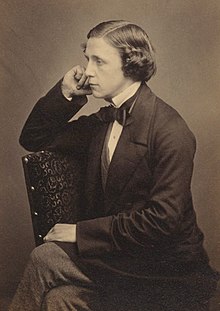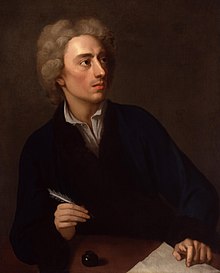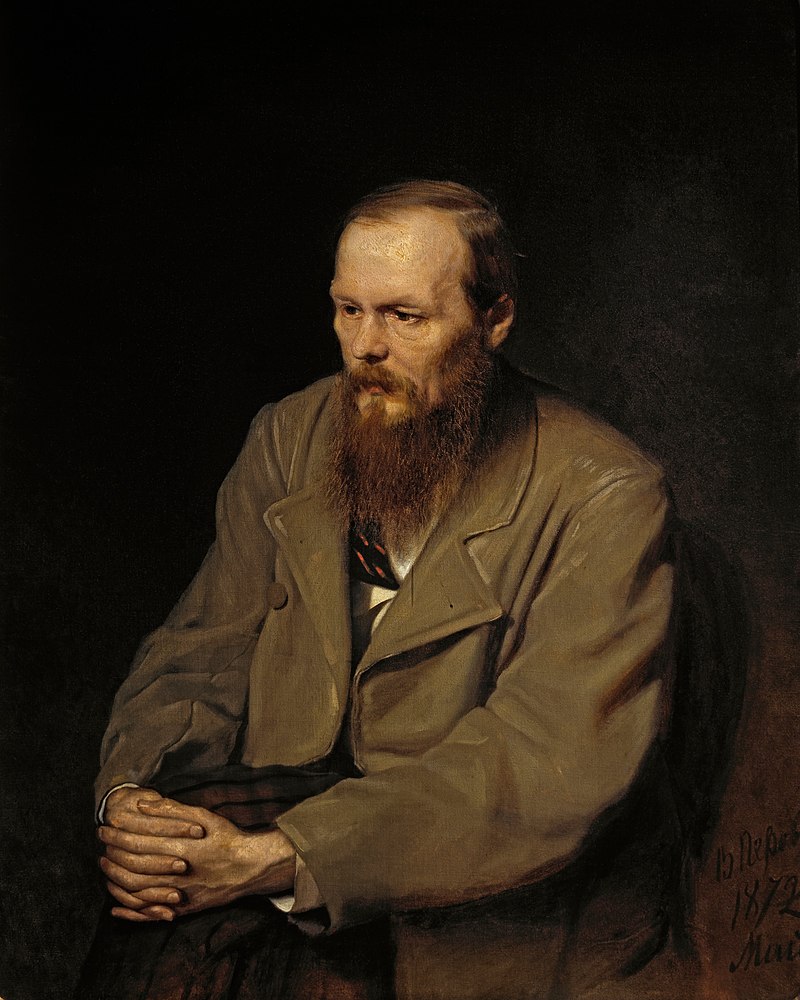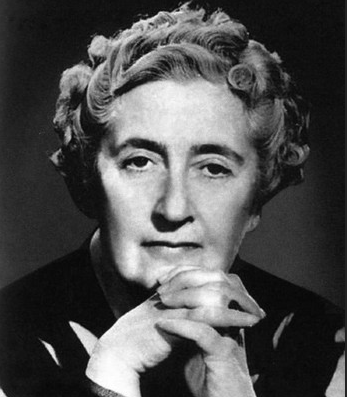ABOUT THE AUTHOR:
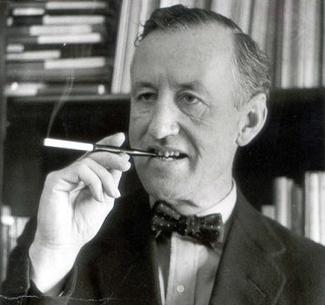
Ian Lancaster Fleming (28 May 1908 – 12 August 1964) was an English author, journalist and naval intelligence officer who is best known for his James Bond series of spy novels. Fleming came from a wealthy family connected to the merchant bank Robert Fleming & Co., and his father was the Member of Parliament for Henley from 1910 until his death on the Western Front in 1917. Educated at Eton, Sandhurst and, briefly, the universities of Munich and Geneva, Fleming moved through several jobs before he started writing.
While working for Britain's Naval Intelligence Division during the Second World War, Fleming was involved in planning Operation Goldeneye and in the planning and oversight of two intelligence units, 30 Assault Unit and T-Force. His wartime service and his career as a journalist provided much of the background, detail and depth of the James Bond novels.
Fleming wrote his first Bond novel, Casino Royale, in 1952. It was a success, with three print runs being commissioned to cope with the demand. Eleven Bond novels and two short-story collections followed between 1953 and 1966. The novels revolved around James Bond, an officer in the Secret Intelligence Service, commonly known as MI6. Bond was also known by his code number, 007, and was a commander in the Royal Naval Reserve. The Bond stories rank among the best-selling series of fictional books of all time, having sold over 100 million copies worldwide. Fleming also wrote the children's story Chitty-Chitty-Bang-Bang and two works of non-fiction. In 2008, The Times ranked Fleming 14th on its list of "The 50 greatest British writers since 1945".
SUMMARY:
Late one night, James Bond is alternately stalking and being stalked through an ornate garden by a tall, blond assassin. Bond is captured and garrotted to death by a man named Grant. Suddenly, huge floodlights switch on and 'Bond' turns out to be a man wearing a Bond mask - it's all been a training exercise staged by SPECTRE.
Venice: a chess match is under way between the Czechoslovakian Kronsteen and the Canadian MacAdams. Kronsteen receives a message (on a napkin beneath his glass of water!) telling him that "you are required at once." He effortlessly finishes off MacAdams in a couple of moves and leaves. He is next seen on a large, luxury yacht where Ernst Blofeld, SPECTRE's Number One, is amusing himself and Soviet assassin Rosa Klebb (Number Three) with a tank full of exotic fighting fish.
Kronsteen (SPECTRE's Number Five) has arranged the theft of the Soviet Lektor decoding device and asks for the services of a female member of the Russian cryptograph service in Turkey and "the help of the British secret service." Klebb has already chosen a female operative and has been able to keep the fact of her own defection to SPECTRE a secret. Kronsteen explains that the British see a trap as a challenge and that they will be easy to manipulate - and they are certain to use James Bond on the mission, allowing SPECTRE to take revenge for the death of Dr No.
Klebb departs to SPECTRE Island, the organisation's secret training base, where she meets convicted murderer Donald Grant, "a homicidal paranoiac," who escaped from Dartmoor before joining SPECTRE. Grant is being specially groomed for the mission against Bond.
 |
| Click To Buy |
Istanbul: three women leave the Soviet Consulate, one of them, Tatiana Romanova, heading off for a rendezvous with Klebb. Romanova, a former ballet dancer, is a good and loyal worker and is to be rewarded with a special assignment.
London: Bond is enjoying the company of Sylvia Trench on a secluded part of the Thames when he receives a call from Moneypenny telling him that M is looking for him. He promises to report in soon, but decides to finish what he was doing with Sylvia first...
M tells Bond that Romanova has contacted Station T in Turkey, run by agent Karim Bey, asking to defect and bringing with her a Lektor device, which both MI5 and the CIA have been after for years. It also appears that Romanova is claiming to be in love with Bond. Bond realises that it's a trap, but with the Lektor as bait M decides that Bond should take on the mission anyway.
Boothroyd from Q division enters and shows Bond a special black leather attaché case crammed to the gills with all manner of toys and gadgets, including 20 rounds of ammunition, a flat throwing knife, a .22 folding sniper's rifle, 50 gold sovereigns and a tear gas grenade concealed in a tin of talcum powder. Everything an agent needs in fact...
After a brief flirtation with Moneypenny (during which M demands the return of a photograph of Romanova he had let Bond look at earlier), Bond heads off for Istanbul where he is met by a driver sent by Karim Bey. However, even this early in his mission, Bond is being watched, both by a scruffy man in glasses and by Grant, both of who set off after Bond's car. The driver doesn't seem too concerned about their tails, telling Bond that the car behind them is full of Bulgarians working for the Russians and that this sort of cat-and-mouse is all part of the game.
The driver takes Bond to see Bey, whose staff seem to be comprised entirely of his sons! Bey tells Bond that Romanova is making her own plans to meet and that they have nothing to do but wait. Bond checks in to his hotel where he checks his room and finds it full of hidden bugs. Pretending that the bed is too small, Bond asks to be moved but is told by the staff - who all seem to Russian agents - that only the bridal suit is available. He calls their bluff and takes it.
Outside the Russian consulate, Grant abandons his car and drives off in another. The Consulate guard checks the abandoned car and finds a dead Russian agent in the back seat. In the other car, Klebb tells Grant that the Russians will suspect the British and that the Cold War in Turkey is about to heat up. Later Bey and his mistress are nearly killed when a limpet mine attached to the wall of his house suddenly explodes.
Next day, Bey takes Bond down to his cellar where the board a boat and sail off along an underwater canal, eventually coming to a chamber beneath the Russian consulate complete with periscope peeking the Russian's conference room! They spy on a meeting of the leading Russian agents in Turkey, and Bey recognises Bulgarian assassin Krilencu at the table. Bond also gets his first real glimpse of Romanova. He asks Bey for plans of the Russian Consulate and they head for a a gypsy settlement loyal to Bey where Bond can hide from the attentions of Krilencu.
Bond is clearly in his element here - first of all, he is treated to a very close-up performance from a belly dancer and is then fascinated by a gypsy tradition in which two volatile young women in love with the same man must fight each other for the honour of marrying him. The cat fight is interrupted by the violent arrival of Krilencu's men, who set about laying waste to the settlement amid much gunfire and struggling with knives. Grant is lurking nearby and shoots any man who looks like he might be about to kill Bond.
With Bond's help, the gypsies manage to fight off the Bulgars and Bond is hailed a hero. In return he asks that the girl fight be stopped and they agree, but only if Bond decides the winner. That night, the women visit Bond in his quarters.
Next morning: Bond is being pampered by the two gypsy women and that evening he finally leaves with Bey, heading off to sort out the Krilencu problem. They track him to a room in a hotel behind a giant facade advertising the Bob Hope / Anita Ekberg movie Call Me Bwana. Bey uses Bond's folding sniper's rifle to shoot Krilencu through the window of his room which is conveniently placed in Ekberg's mouth!
When he returns to his hotel suite, Bond prepares for a shower but is distracted by noises in his bedroom. He finds Romanova waiting fore him in bed. Never being one to pass up such an opportunity, Bond seduces her and makes plans to take possession of the Lektor device. As Bond and Romanova make love, they are unaware that they are being watched and filmed from behinds a mirror by Grant and Klebb.
The next day, Romanova heads off for a pre-arranged rendezvous at a nearby mosque with Bond, tailed by the scruffy, bespectacled man. Bond joins a tourist tour of the mosque and slips away to meet Romanova. Bond spots the main tailing her, but before he can do anything about it, he is, unseen by Bond, killed by Grant. When Bond finds the body, he also finds the plans for the Russian Consulate he has been seeking. Later, Bond and Bey study the plans and Bey warns him that it all seems to a bit too easy. He also cautions Bond against becoming too involved with Romanova.
Bond meets Romanova on a ferry and gets her to tell him about the Lektor, taping their conversation on a recorder hidden inside his camera. The tape is later analysed back in London by M, Q and other agents. M is embarrassed by Bond and Romanova's more intimate exchanges, but never more than when Bond starts to recount "an interesting experience" he and M enjoyed in Tokyo!
London cables Bond telling him that Romanova's description of the device seems genuine and that he is to go ahead with the deal. He applies for a visa from the Russian Consulate, allowing his access to the building. At a pre-arranged moment, Bey sets off an explosive charge in the chamber beneath the building, releasing tear gas throughout the Consulate. In the resulting chaos, Bond is able to find Romanova and make off with the decoder. After a nasty run-in with a pack of rats in the cellar, Bond and Romanova join Bey and make good their escape. All three board the Orient Express, pursued by Soviet security man Benz who recognises Romanova. Grant is also on the train. Bey has arranged cover for Bond and Romanova as a married couple, which Romanova is very pleased about. Bey sets off to secure the help of the train guard, a man whose services he has used before, leaving Bond and Romanova to carry on where they left off in Bond's hotel suite. Bey later spots Benz listening at the cabin door and warns Bond of the danger. Bey and Bond confront Benz in his cabin and restrain him before Bond returns to Romanova where he fails to resist the power of her slinky new dress...
Later, while heading for the restaurant car, Bond is stopped by the guard with bad news - he takes him to Benz's cabin where the Soviet agent and Bey have apparently killed each other. Bond bribes the Guard not to stop the train at the next stop, an out of the way place where two of Bey's men are waiting. Bond breaks the news of Bey's death to Romanova, accusing her of acting under orders and roughing her up. She insists that she knows nothing and that she really does love Bond.
The train continues on its journey across Europe, finally arriving at Beograd where Bond gets out to stretch his legs. There he meets with one of Bey's sons, explaining why he didn't stop at the pre-arranged rendezvous. He gets the man to send a message to M, arranging for an agent from Station Y to meet him at Zagreb.
In Zagreb, Grant intercepts the British agent and murders him the toilets before Bond can get to him. He then poses as the agent, Nash, and makes contact with Bond, boarding the train with him as it sets off again. In his cabin, Bond tells 'Nash' about the Lektor and about how difficult it will be to get it across the border. 'Nash' invites Bond and Romanova to dinner in the restaurant car, but Bond is suspicious. He sends 'Nash' onahead with Romanova, then checks the tear gas booby trap in his attaché case.
During dinner, 'Nash' spills Romanova's wine and, while refilling the glass, slips in a drug. While she's unconscious in one part of the cabin, Grant knocks Bond out in the other half of the cramped quarters. He relieves Bond of his gun then taunts Bond when he revives. Only now does Bond realise that SPECTRE is involved in his mission and that they have been playing the Russians and the British off against each other. Grant reveals that SPECTRE have been keeping him alive (which is why Grant saved him at the gypsy camp) until he could get the Lektor device for them. He also tells Bond that Romanova knows nothing of what is happening and that Rosa Klebb, whom Bond knows as a SMERSH operative, is running her. He also tells Bond that his death will be staged as a crime of passion - they'll plant the film of Bond and Romanova making love on Romanova and a letter apparently from her threatening to release the film to the press will be planted on him. This way, it'll seem as though she was trying to blackmail Bond and he killed her before taking his own life.
But Bond isn't taking this lying down - he offers to buy a last cigarette for 50 gold sovereigns and dupes Grant into opening the booby trapped attaché case. A struggle breaks out during which Bond and Grant brutally assault each other in the narrow confines of the compartment. Grant tries to garrotte Bond with a wire hidden in his watch, but Bond is able to stab him with the concealed blade from the attaché case, then ends up strangling him. He takes the incriminating reel of film from Grant's pocket.
The train is now slowing down at Grant's pre-arranged escape point and Bond has to get a still very dopey Romanova off it as soon as possible. They manage to escape and Bond neatly overpowers and disarms the contact waiting for the SPECTRE agent. With Romanova sleeping off the effects of the drug in the back, Bond drives off in the contacts flower truck. As dawn breaks, they are spotted and buzzed by a SPECTRE helicopter. The passengers of the helicopter begin bombing the truck with grenades, forcing Bond to leave Romanova hiding beneath the vehicle as tries to attract their attention away from her. He sets off across the fields as the helicopter continuously passes low overhead, almost hitting him. He takes refuge beneath some rocks and uses the folding sniper's rifle to shoot the passenger, who drops a primed grenade and blows the helicopter up. Bond drives on, eventually reaching a boat waiting at a remote dock. Bond and Romanova set off on the boat heading for Venice.
Klebb and Kronsteen try to explain their failures to their leader, but he's an unforgiving sort and has Kronsteen murdered by his henchman Morzeny who kicks him with a poison tipped blade hidden in his boot.
Bond and Romanova are making good progress towards Venice when they are suddenly intercepted by SPECTRE agents aboard a small fleet of power boats. Bond tries to outrun them, but they attack with rifle grenades. It seems that Spectre wants to stop Bond, not kill him. But when their stray bullets puncture several barrels of fuel stored on his boat, Bond throws them overboard and pretends to surrender. But then he fires flares into the water which, now full of oil, explodes, engulfing the pursuing boats in flames.
Finally, Bond and Romanova arrive in Venice and check into a hotel. But it's not quite over for Bond yet. Disguised as a maid, Klebb has managed to get into his room and is trying to whisk the Lektor away from under his nose. Romanova recognises her but, still thinking that she's a SMERSH agent, doesn't give her away. Klebb holds Bond at gun point and gets a reluctant Romanova to help her make off with the Lektor.
But in a last second change of heart, she disarms Klebb who goes toe-to-toe (literally) with Bond, who pins her to a wall with chair as the SPECTRE assassin tries to kick him with her own poison tipped toe-blade. The day is saved when Romanova shoots her. With their mission accomplished, Bond and Romanova take time for a gondola trip and Bond throws the film of him and Romanova making love that he retrieved from Grant into the canal.
 Toni Morrison (February 18, 1931) is an American novelist, editor, and professor. Her novels are known for their epic themes, vivid dialogue, and richly detailed characters. Among her best known novels are The Bluest Eye (1970), Sula (1973), Song of Solomon (1977), and Beloved (1987). She was also commissioned to write the libretto for a new opera, Margaret Garner, first performed in 2005. She won the Pulitzer Prize and the American Book Award in 1988 for Beloved and the Nobel Prize in 1993. On May 29, 2012, she received the Presidential Medal of Freedom. Morrison serves as Professor Emeritus at Princeton University.
Toni Morrison (February 18, 1931) is an American novelist, editor, and professor. Her novels are known for their epic themes, vivid dialogue, and richly detailed characters. Among her best known novels are The Bluest Eye (1970), Sula (1973), Song of Solomon (1977), and Beloved (1987). She was also commissioned to write the libretto for a new opera, Margaret Garner, first performed in 2005. She won the Pulitzer Prize and the American Book Award in 1988 for Beloved and the Nobel Prize in 1993. On May 29, 2012, she received the Presidential Medal of Freedom. Morrison serves as Professor Emeritus at Princeton University.
